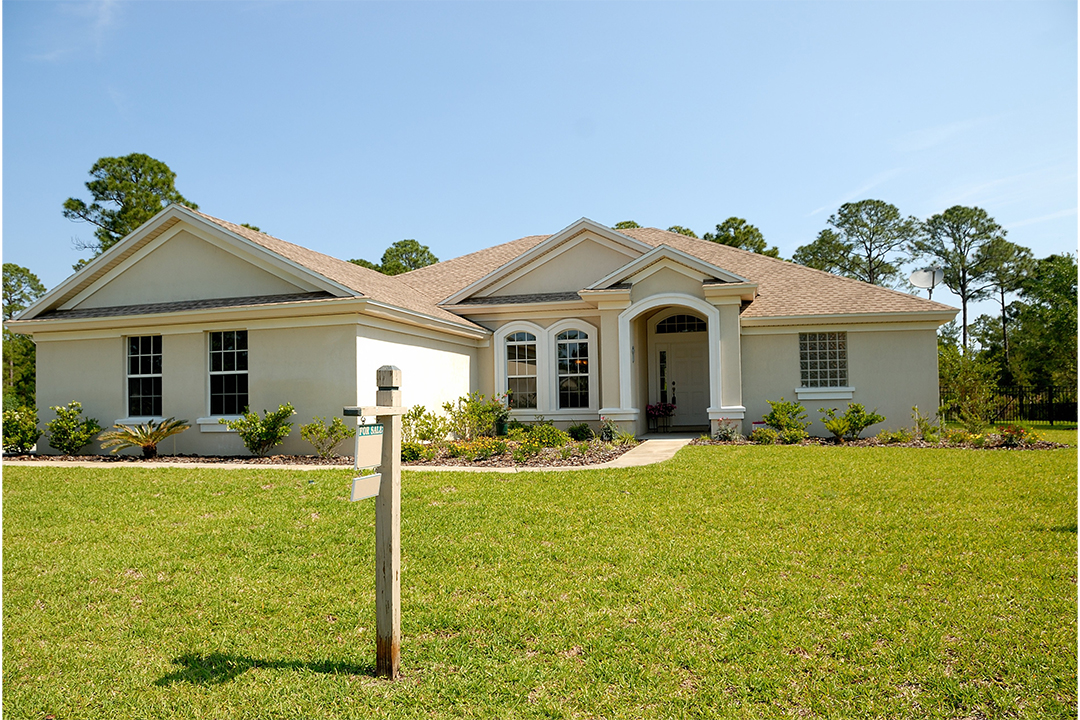Many Australians have been contributing to their retirement savings for most of their working lives via the compulsory employer contributions introduced in 1992, but is this going to be sufficient? If it isn’t, a common strategy for retirees is to sell the family home.
There are many reasons that people are tempted into selling their home when they retire, including downsizing to avoid maintenance, or more often, it is to free up the equity they have in their home and “unlock” funds to help finance their retirement.
The strategy of selling your home at retirement comes with some pitfalls that retirees should be vigilant of before they make that decision:
- Many retirees sell their homes in major cities to “downsize” to a quieter regional town for sea/treechange free up some cash to help fund their retirement. However, the risks to this are many and such a decision should be carefully thought through.
- Problems with a lifestyle sea/treechange and moving away from family or friends can leave people feeling isolated and lonely. This is particularly highlighted when grandchildren are born and people are required to travel frequently to see them or don’t get to see them as often as desired.
- Quite often this move also means also moving away from quality retirement homes and hospitals.
Financial issues culminating from a sea/treechange can include:
- If you decide that the change wasn’t right for you, which is not unusual, the buying and selling costs such as agents fees and stamp duty, removalists etc see a hefty portion of your retirement funds being used up and it could risk your ability to be able to afford a return to your previous suburb if you find your new area wasn’t for you.
- Downsizing leaves you exposed to reducing, or even eliminating access to the age pension.
Your own home is exempt from the asset test for age pension eligibility so by selling and downsizing you may lose in full or partially lose age pension eligibility, so this needs to be carefully thought through.
- Gifting, or early inheritance, must also be carefully examined. Firstly the obvious is to make sure it leaves you enough for your own retirement but other underlying issues need to be considered such as the impact gifting has on your age pension. The government clawback gifts over 5 years so if you generously thought that gifting would lead to easier access to the age pension as your assets are lower, rethink this as any money given away over $10,000 is included in your age pension eligibility assessment. Secondly, early inheritance risk your family legacy being impacted and the intention of helping your son or daughter being undermined in the event of a divorce.
Giving an early inheritance to a child opens up the door for your money to be lost in the event of a family law settlement.
Tips for making the correct financial decisions leading into retirement:
- Engage a financial planner/retirement specialist. It is the most important financial decision of your life. Seeking help is imperative to ensure your decisions are best from a taxation, pension and protection point of view.
- Review your wills. Retirement is the perfect time to ensure that your will is prepared or updated to reflect changes in your finances, your relationships and with your wishes. Reviewing your will should include looking at the Executors of your will and also adding a Power of Attorney.
- Do your research. Consider renting for 6 months to a year in the area that you are considering the sea/treechange before you sell your home.
- Seek taxation advice: There is no Capital Gains Tax to pay on the sale of your main residence, assuming it wasn't used for income-producing purposes. However, consideration needs to be made when the home is sold by beneficiaries after the retiree has been in an aged care facility and then passes away. Land tax implications also need to be considered when renting out your home while in a retirement home.
- Enjoy your superannuation. Too many people forget that superannuation is there to fund your lifestyle once you finish work and instead try to preserve their funds. This is not an endorsement to blow the money, far from it, but superannuation is there to give you an income stream separate from other assets you have. So enjoy your superannuation and don’t be shy to draw down on this once you retire.

